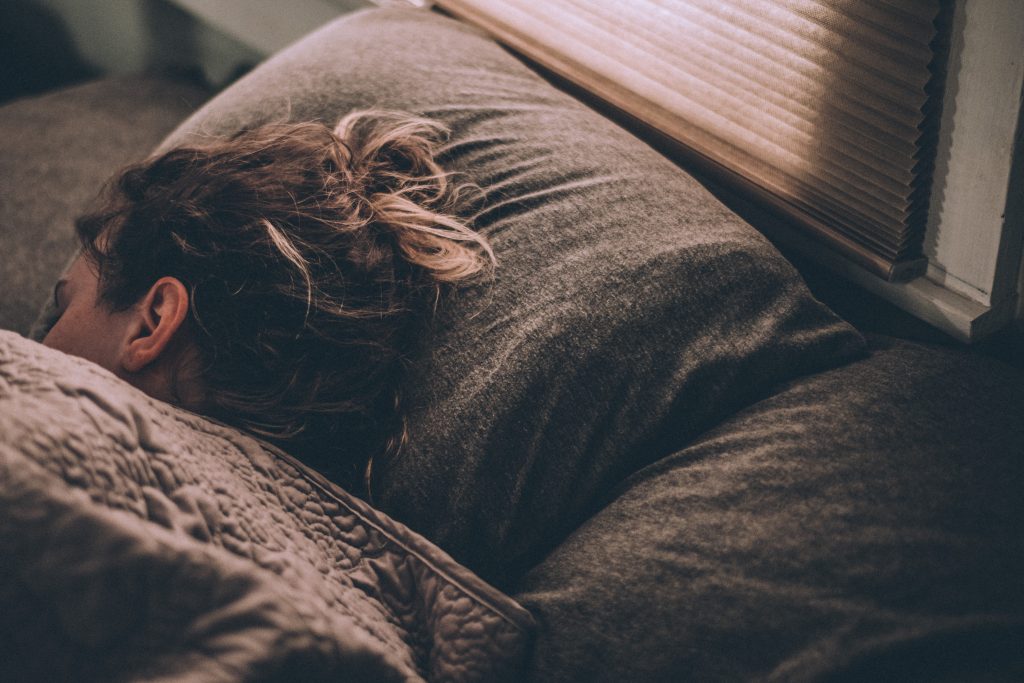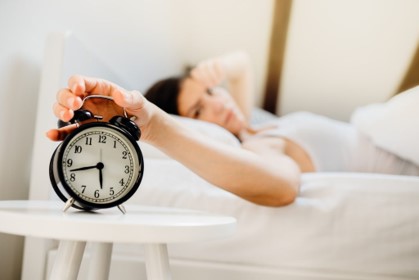How a Great Night’s Sleep Can Benefit Your Mental Health
by Kat Rowe | March 2, 2021
Sleep is our body’s way of recharging and refreshing after the day’s activities. Getting the usual eight hours every night is vital for both the mind and the body to switch off, relax, and prepare for the next day.
Here are some simple tips to ensure that you get a great night’s sleep as often as possible.
Sleep and Mental Health
Why Sleep is Important for Mental Health

Quality sleep can have a significant impact on your mental health. Allowing your brain to rest and recuperate means that it can function better during the day, with improved memory retention, focus, and creativity.
There are even studies suggesting that sleep can reduce the likelihood of depression and anxiety, so those eight hours can impact not just the day-to-day but also your quality of life.
Benefits Of A Good Night’s Sleep And Mental Health
Getting good quality sleep of around 6-8 hours a night is much more than just resting your brain. Sleep can have significant effects on your mental health, including;
- Preventing depression and anxiety: There is a strong link between quality sleep and depression, so aiming for no less than 6 hours and no more than 9 can alleviate feelings of depression and anxiety in some people.
- Increasing mental focus: Your brain needs rest to function properly, which is why many people feel sharp and productive after a good night’s sleep.
- Improving memory retention and creativity: Sleep helps our brains ‘store’ our memories so that they can be accessed later. Our dreams are a way of tapping into our creative process, allowing you to think more creatively during the day.
Activities to Improve Sleep
You don’t need to spend a fortune on products to ensure you get a good night’s sleep. In fact, most of the ways to improve your sleep are free. These activities include:
- Avoiding caffeine in the evening: You may need a little boost for the morning, but avoid all caffeinated products such as coffee, tea, and sugary drinks at least four hours before you go to bed.
- Being physically active during the day: Your body wants to rest, so give it something to rest from. Aim for 30 minutes of activity each day, whether it’s a simple walk or a cardio workout, but ideally, it shouldn’t be close to bedtime.
- Putting away screens before bedtime: Allow your body to decompress by turning off any screens 30 minutes before sleep, including the TV, phones, and tablets. A simple activity such as stretching, meditating, or reading is a much more natural way of winding down.
- Keeping a regular routine: Try to keep your wake-up times and bedtimes at the same time each day. You can have a little lie-in on the weekend, but drastically switching up your routine can affect your sleep patterns.
- Making your bedroom cosy and dark: Your bedroom should be associated with a place to relax. It’s a good idea to have thick curtains that block out any street lights and create an atmosphere that invites you to sleep.
Factors That Can Affect Sleep Habits

Many factors can affect sleep, such as age, stress, diet, environment, and medication. Some of the factors are changeable, although some aren’t, and your modified sleep pattern may be a result of one of them.
Following the above tips, eating a healthy diet and staying active during the day are the best ways to improve your sleep. If you think your medication may be affecting your sleep, talk to your GP about it to get professional help.
Have a Plan
No one sleeps 100% well 100% of the time, and everyone will have a bad night now and then. Whether it’s stress, overthinking, overeating, or a random occurrence you can’t account for, try not to worry about the one-offs. Instead, have a plan of what to do when you are having a sleepless night.
This could include listening to relaxing music, listening to a podcast or audiobook at a low volume, reading a book, or having a warm drink. These tips are a general guide for a good night’s sleep, but it’s important to remember that everybody is different.
If you have mental health concerns, we’re here to help – get in touch to request an appointment or visit our mental health services page.

